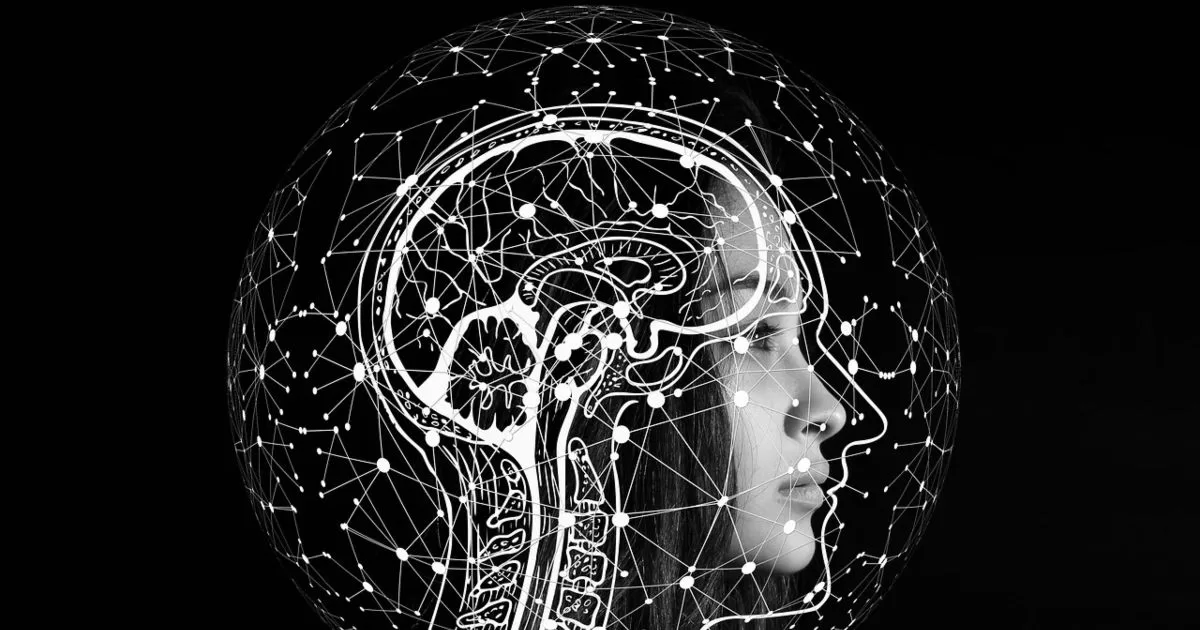MIAMI.- Artificial intelligence is on an accelerated path of innovation with advanced technology that leads to an impressive discovery: The large models developed are powerful enough to create new, small AI tools without human help.
A team of scientists from the Massachusetts Institute of Technology (MIT) and several University of California campuses, along with AI technology company AI Aizip, say they can make large intelligence models artificial intelligence, such as the one run by ChatGPT, is essentially replicated automatically.
This eye-opening news shows that the largest AIs have reached an impressive milestone: the ability to create their own “little brothers,” promising a radical change in humanity’s technological landscape.
The research carried out an in-depth analysis of AI systems that are used daily, such as the popular ChatGPT, a technology model capable of making computers act and think like human beings to simplify repetitive tasks and optimize processes. What they discovered was fascinating.
One of the most intriguing aspects is the creation of a fully automated production line. This revolutionary approach means AIs can design models without requiring human intervention, marking an unprecedented technological achievement. This not only increases efficiency, but also expands the assistance potential of these intelligent systems.
The smallest models, dubbed TinyML, are rising stars in this landscape. Despite their small size, they have significant advantages, such as the ability to operate at considerably lower costs than their larger counterparts, such as the expensive ChatGPT. Additionally, these specialized models can perform specific tasks, from facial recognition to controlling home appliances and hearing devices.
According to Yan Sun, TinyMLs are not only efficient, but can also be easily integrated into everyday life, helping to improve home security. This versatility suggests a future where these smaller artificial intelligences become a fundamental part of our daily lives.
The research team also raises the possibility that TinyML could be created automatically by other intelligent systems, possibly forming “entire artificial intelligence ecosystems.” This concept takes the evolution of AI to a whole new level, where the creation and improvement of these entities can occur autonomously.
Concerns arise
However, with each advance, concerns arise. Microsoft founder Bill Gates warned about the risk of AIs getting out of control because the possibility must be raised that an AI could consider humans as threats. This consideration is based on the idea that AIs cannot yet set their own goals without human intervention or control the physical world, marking what he calls “Strong Artificial Intelligence.”
Gates’ call for the regulation and limitation of applications of artificial intelligence, especially in the weapons industry, points to the need to carefully consider the possible risks associated with these technological advances. While recognizing the positive potential of AI, he also warns about the importance of addressing ethical and security issues associated with this high-end technology.
But for now the news is clear, about artificial intelligences creating their “little brothers,” which represents a significant milestone in the evolution of this technology.
“From the rise of larger AIs to the autonomy of TinyML, we are seeing a transformation in real time. However, this new frontier also urges us to carefully consider the ethical implications and establish regulations to guarantee that these advances benefit society without compromising our security” highlighted the Ensedeciencia portal.
Source: ENSEDECIENCIA / GCF GLOBAL / BUSINESS INSIDER MEXICO / DIARIO LAS AMÉRICAS

